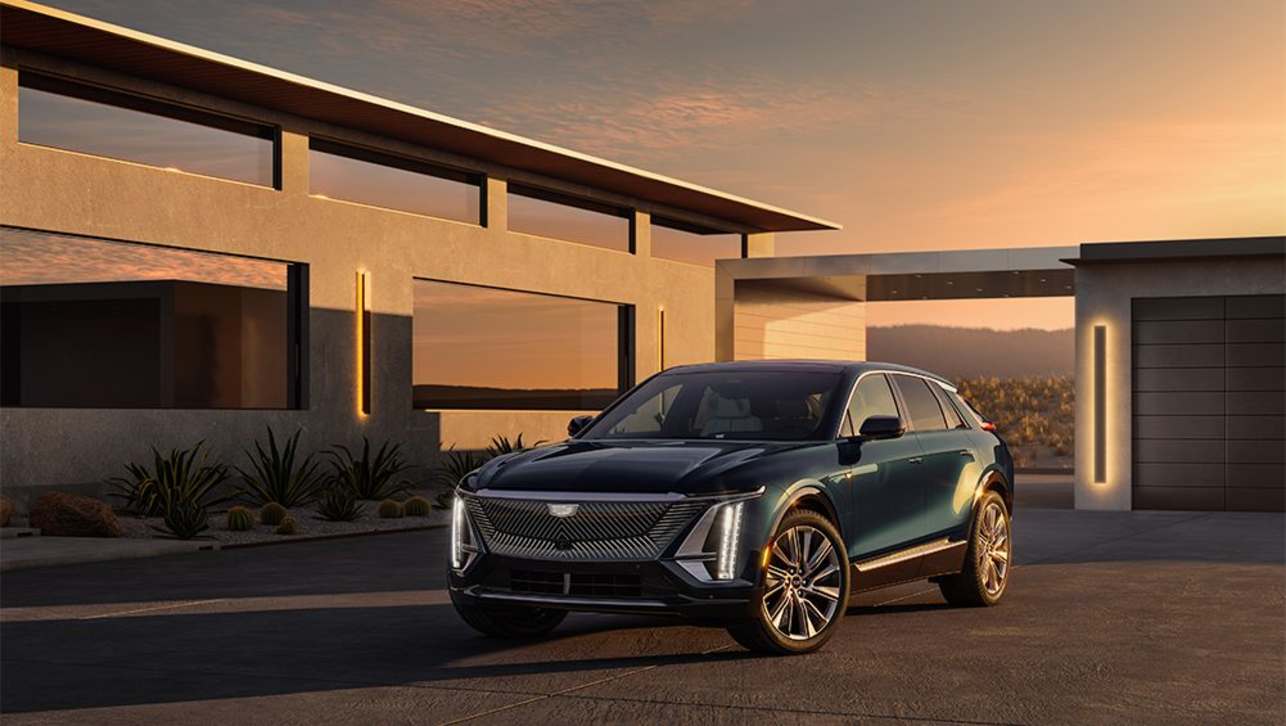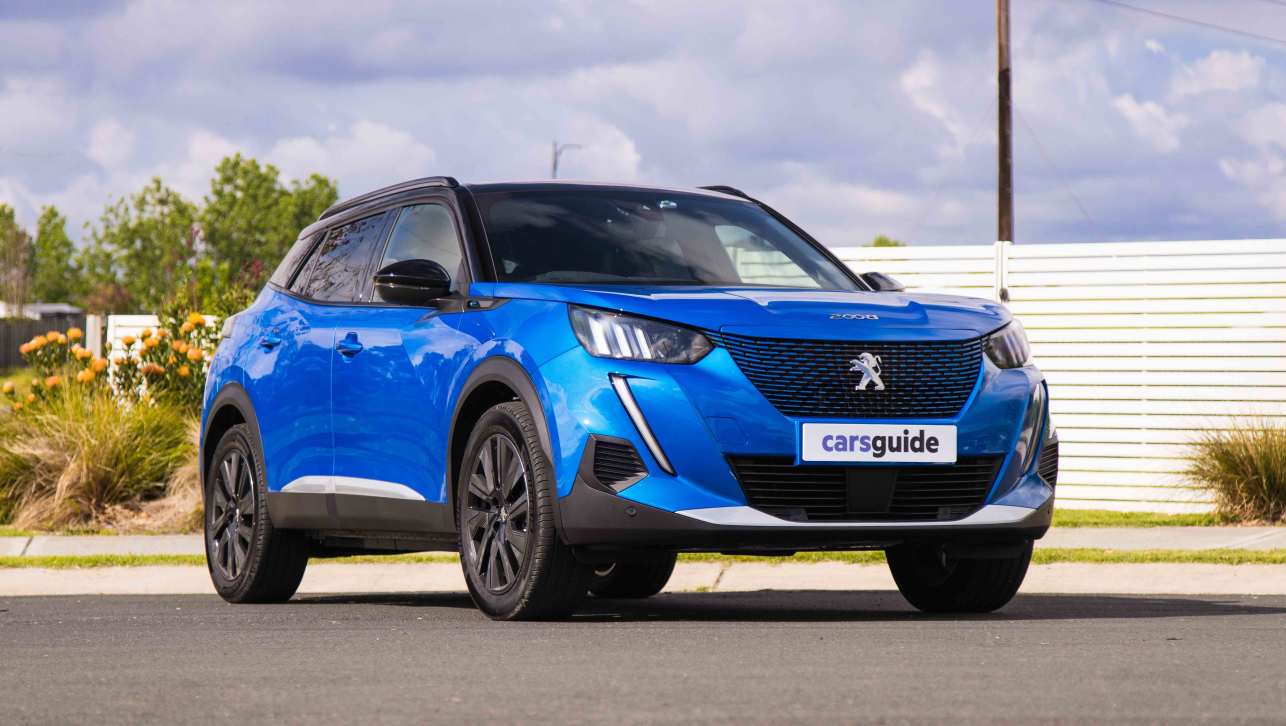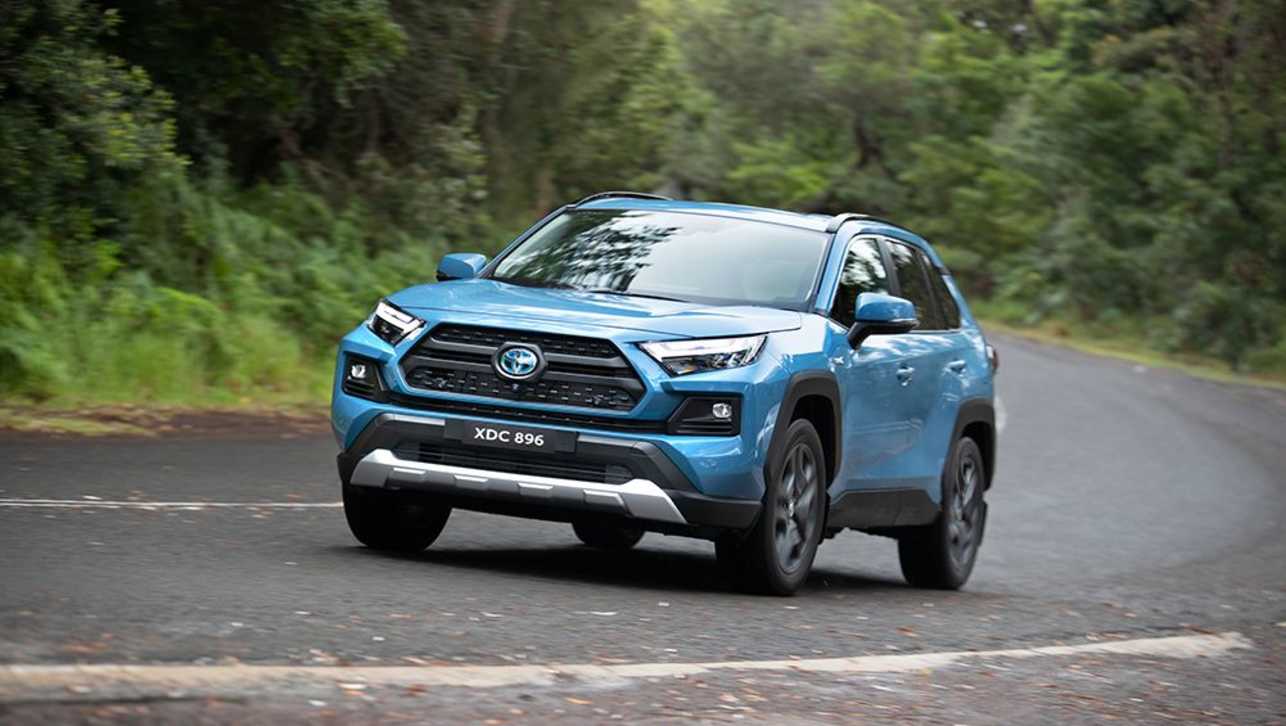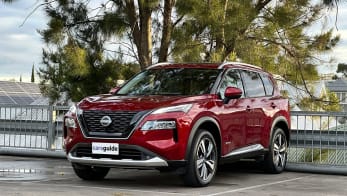As part of the new and improved Renault-Nissan-Mitsubishi alliance, Nissan and Renault have committed to the successful Navara and Alaskan ute pair.
The success of these models globally, but particularly in Latin America, where the Navara is called the Frontier, has caused the brand to recommit to pick-up trucks as a major first focus of the renewed alliance. Speaking to the media, Nissan’s COO, Ashwani Gupta, explained the two pick-ups had unprecedented scale and importance to the alliance brands.
“Latin America is a five-million-unit market, and we’re going to go from one pick-up to two between the two companies. Renault will get the opportunity [with Alaskan] not only to take the products, but use the manufacturing plants.”
Luca de Meo, CEO of Renault Group, said the models earmarked for development under the new alliance framework would reach beyond the markets they were developed in “This is more than just about Latin America,” he said.
The Navara/Alaskan project was earmarked as a significant first plan of attack for the new alliance framework, which, at least for its initial stage, had a heavy focus on South America, as this is where both Nissan and Renault see the largest opportunities.
The Navara is due for a new generation, with the current D23 version having been on the market since 2014. While it has received several significant updates in the last few years, like the HiLux, it is now starting to face increased competition from the likes of the new Ford Ranger and Volkswagen Amarok pair, as well as the new Isuzu D-Max and Mazda BT-50 pair.
A new global approach could see a new global pick-up, which both Renault and Nissan could use to bolster their lineups in the Australian market.
Currently, the Renault Alaskan is built in Argentina and sold throughout Latin America, as well as Europe. The brand’s local division in Australia said it very much wanted to bring the Alaskan to Australian shores to give it a rival to the Volkswagen Amarok, but simply couldn’t get the vehicle specified to what Australian buyers might expect at the right cost from the factory.
The smaller ute, meanwhile, is expected to be based on the next-generation Renault Duster Oroch, giving Nissan a small Renault-based ute and Renault a mid-size Nissan-based ute.
Other projects which have been based on the D23 Navara include the short-lived Mercedes-Benz X-Class, and Dongfeng Rich 6 for the Chinese market.

What was made unclear from the alliance announcement was Mitsubishi’s outcomes from the new ute-tie-up. It has been known for some time that the next-generation Navara and Triton would be based on a shared architecture with Mitsubishi taking the lead, however the alliance junior partner was not specifically mentioned in the announcement.
The only relevant comment made by Mitsubishi Motors CEO Takao Kato was that the refreshed alliance structure would allow Mitsubishi more flexibility, and that the brand would be able to focus on markets where it performs best, like Oceania.
Locally, Nissan’s executives have also alluded to e-Power hybrid versions of the Navara in the works, but that it would have to be for a next-generation product, and not the current-generation one. In November of 2022, a senior Nissan engineer all but ruled out plug-in hybrid tech when talking to CarsGuide, saying the self-charging e-Power was modular, and with its obvious benefits to fuel consumption and off-road prowess from the use of electric motors “anything is possible”.
The Renault-Nissan-Mitsubishi alliance has been a tumultuous 25-year relationship designed originally to compete with industry giants like the Volkswagen Group. Tensions between Renault and Nissan came to a head several years ago with the arrest of appointed CEO Carlos Ghosn who was accused of embezzling funds from the Japanese giant.
Mr Ghosn then staged a dramatic escape from his captors, fleeing the country in a musical instrument case.
He was accused of damaging Nissan’s brand value by focusing on low-cost models and fleet presence, stifling research and development and angering top Nissan executives as well as the Japanese government.
The alliance reset sees Renault’s share in Nissan reduced from 43 per cent to just 15 per cent, while Nissan’s share in Renault is also reset to 15 per cent. Unlike the previous arrangement, both brands will be able to vote on the direction of the other. Mr de Meo explained: “Renault is not moving from 43 per cent to 15. It is essentially moving from zero to 15. The contract we signed was zero influence. We had no say. Now both of us have fifteen. When you have fifteen per cent and you are a normal shareholder and you can vote, I think it is better this way. We can act like a normal company.”
.jpg)
The additional shares Renault Group held in Nissan will be placed in a French trust, with strict rules around how the trust is to act on voting decisions.
Mr de Meo and Nissan CEO Makoto Uchida also put to bed fresh tensions which were said to rise from Renault’s partnership with Geely (the Chinese giant which owns Volvo, Polestar, and Lotus) on its combustion engine business, dubbed the “Horse project”.
“The whole thing with Geely started in Korea, where we had an issue with our plant. We needed a platform which could be adopted to save that plant and a lot of jobs. We needed a solution for the combustion business. In 2035 in Europe you have a combustion engine ban, instead of wait until 31 December 2034 and say, ‘We have a problem’. We’ve come up with a solution now. We asked Nissan, and they actually said they were not interested in this part of the business. So don’t read into this relationship,” he said.
“Mitsubishi and Nissan will not enter Horse. They will have the opportunity to get engines [developed from it in partnership with Geely] at an improved price.”
Mr Uchida explained the new alliance framework was a necessity as the automotive industry faced huge challenges in the coming decade.
“It is very challenging,” he said. “Each market is evolving at a different pace. Regulations and customer acceptance [of electrified vehicles] is moving at a different pace - five or ten years ago is totally different. From that perspective it is challenging to do it alone.
“Can we do it the old way? The answer is no. Can we do it with a partner? The answer is yes.”


.jpg)
.jpg)





.jpg)
.jpg)
.jpg)
.jpg)

.jpg)

.jpg)
.jpg)
.jpg)
.jpg)
.jpg)

.jpg)
.jpg)

.jpg)



.jpg)
Comments